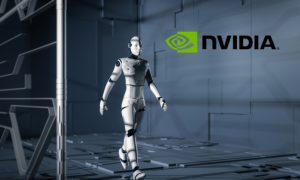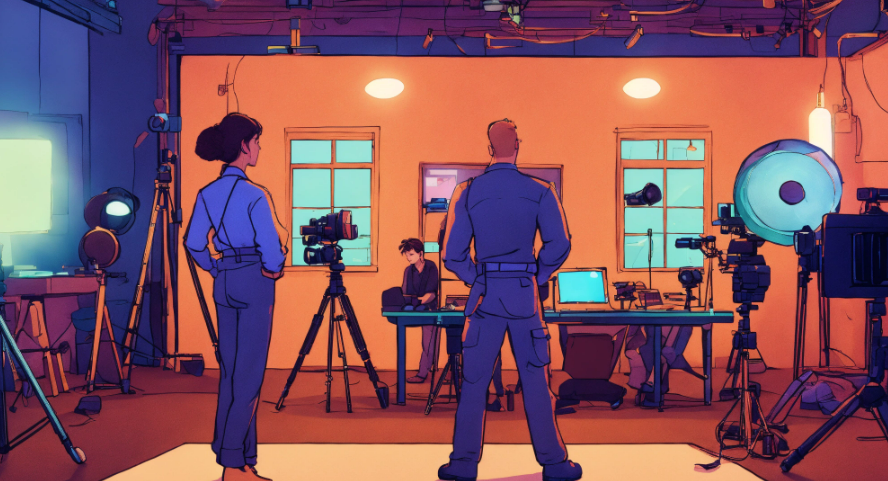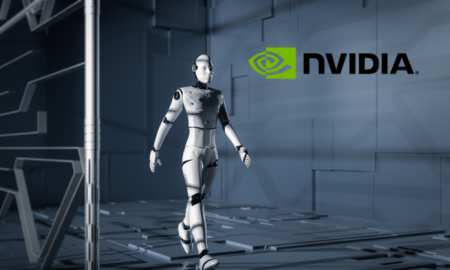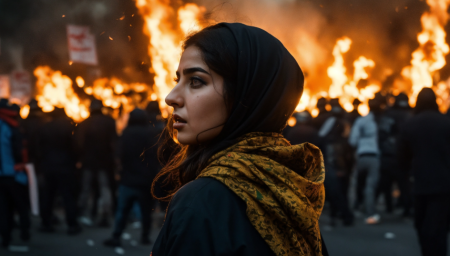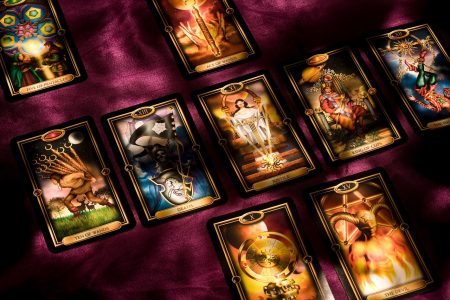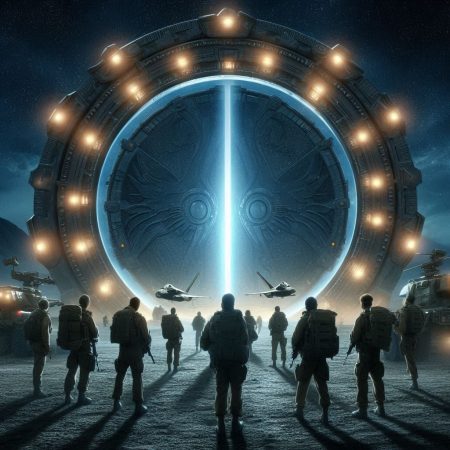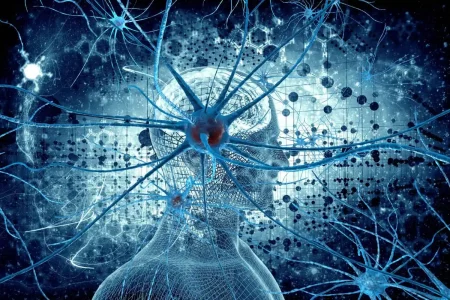A recent controversy about AI use for a Marvel poster underscores the real problem: it isn’t about AI use in movies, but our refusal to accept it, writes Satyen K. Bordoloi.
Remember when your grandpa used to say, “Back in my day, we did things the real way”? Here we are in 2025, and having the same conversation about AI – just that the grandpas, in this case, are not baby boomers or Gen X but millennials and even Gen Z. Oh, how we love getting worked up about anything that’s ‘back in the days.’
The internet recently exploded (again!) over Marvel’s Fantastic Four: First Steps poster. Hawk-eyed fans spotted some hilarious oopsies – a character sporting four fingers like they’re from The Simpsons, faces that looked like copy-paste gone wrong, and limbs contorting inhumanely. Cue the dramatic music and the Twitter… sorry, X… meltdown! Marvel quickly jumped into defensive mode, denying AI involvement faster than you can say “generative AI.”
As someone neck-deep in Bollywood’s filmmaking scene and also keeping tabs on AI developments here at Sify.com, let me spill some beans: AI isn’t just knocking on Hollywood’s door – it’s already raiding the kitchen and making itself comfortable on the couch with the TV remote in hand. And it’s not just films – AI has become that uninvited guest who somehow crashes every marriage in town. From directing your travel through the map app to enhancing your unprofessional snap, from local grocery stores to government offices, AI had been that ninja working behind the scenes for almost a decade when, in 2022, generative AI came out of the closet and stole the limelight.
This latest hullabaloo joins the growing list of AI-related scandals, like The Brutalist‘s Hungarian pronunciation enhancement and Emilia Pérez’s voice-cloning controversy. These incidents sparked heated debates about traditional filmmaking roles, artistic authenticity, job displacement, and the ethics of performance manipulation. But here’s the kicker – we’re living in 2025, folks! You can’t ask everyone to travel in a horse-drawn carriage in the age of Tesla and BYD.
Thanks to the mind-bending pace of tech evolution, 2020 feels closer to the dark ages before the internet than our current reality. The gap between 2020 and 2025 isn’t just five years – it’s like comparing the Wright brothers’ first flight to a SpaceX rocket. Back in 2020, “generative AI” sounded like something from a sci-fi movie, and most people thought DALL-E was just a creative kid’s tribute to the name of an eccentric painter.
But since July 2022, we’ve witnessed an explosion of AI capabilities that has made everyone’s head spin. Remember when creating digital art required actual artistic skills? Now we’ve got tools like MidJourney making masterpieces faster than you can say “digital renaissance.” And let’s not even get me started on video creation!
Luma’s DreamMachine and Kuaishou’s Kling are turning random thoughts into videos quicker than you can make microwave popcorn. Heck, go to social media, and you’ll find it stuffed with AI-generated ads like the dreamy Toys ‘R’ Us ad and the holiday Coca-Cola commercial.
Why so serAIous, AI haters? Here’s a fun history lesson to make you realize we’re just repeating old patterns: When cars first rolled onto the streets, horse-and-buggy owners threw fits that would make today’s Twitter storms look like gentle spring showers. But hey, they adapted and drove horsepower instead of horses.
When photography came, painters, whose job it had been until then to paint reality, nearly dropped their brushes in horror. “But what about real art?” they cried. Plot twist: This actually freed art to become more expressive and experimental, giving birth to movements like Impressionism and Modernism. Sometimes, a little technological disruption is exactly what art needs to evolve.
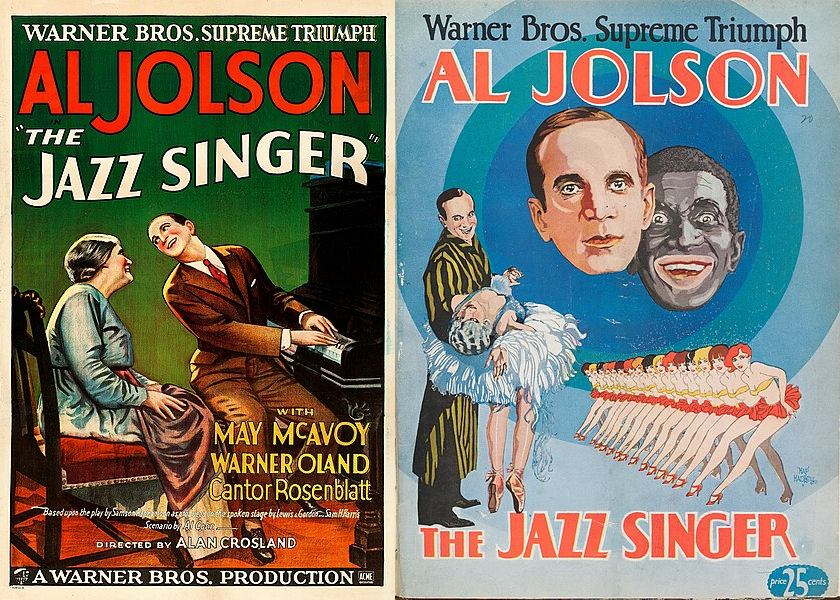
Even the movie industry has been here before. When The Jazz Singer dropped its revolutionary sound technology in 1927, the American Federation of Musicians wasn’t exactly throwing a party. They were busy protesting against recorded music replacing live musicians in theatres. Fast forward to the digital camera revolution two decades ago, and you had film purists clutching their celluloid pearls in dismay. Some, like Christopher Nolan, still do.
But let’s be real – what’s actually worth getting worked up about isn’t the AI itself but the lazy execution. Those missing fingers and copy-paste faces? That’s not Marvel’s AI problem; that’s a “we-needed-this-yesterday-and-paid-peanuts-for-it” Marvel atrocity. We should be protesting the rush jobs and underpaid work that led to these goofs, not the tools being used.
Here’s my hot take, folks: Use whatever tools you want—AI, time-travel cave painters, or train monkeys to use paintbrushes. What matters is the result. Does The Brutalist’s enhanced Hungarian pronunciation make the movie better? Great! Does it make it worse? That’s the real problem. Cinema is just an illusion of reality, a sophisticated make-believe anyway. We’re all magicians pulling rabbits out of increasingly technical hats.
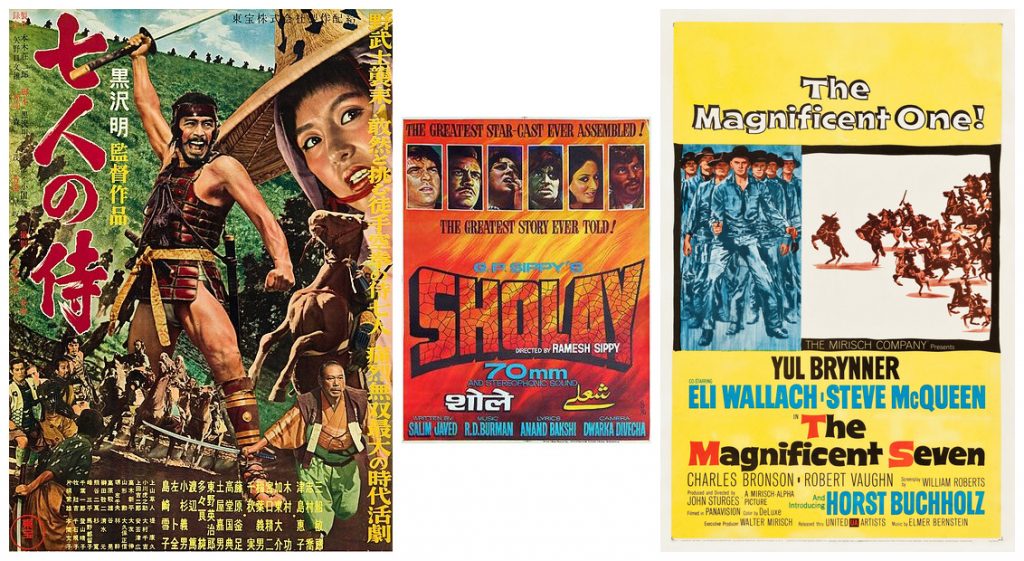
Take the Western genre. America made cowboys cool via films made by those like John Sturges and Sergei Leone (no relation to the sultry Sunny, not even Spaghetti, western, or top). Kurosawa said “hold my sake” and made Seven Samurai, Hollywood said “gracias” and made The Magnificent Seven, and then Bollywood jumped in with Sholay, turning it into a spicy curry of awesome (though the other two: Khote Sikkay and China Gate, weren’t). Each iteration borrowed, adapted and transformed the original into something new and exciting. That’s how art evolves!
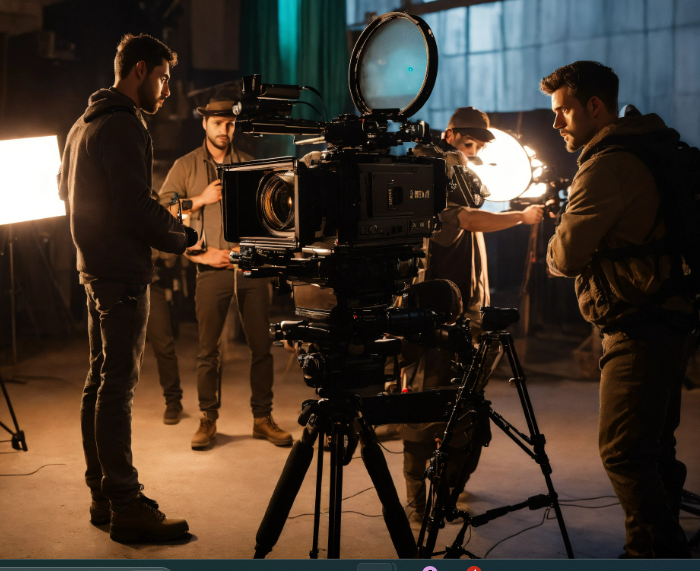
So, Marvel, here’s some free advice: Stop being shy about AI like you’ve been caught with your pants down. You did down your pants to wear a short skirt, cargo, and sweatpants rolled into one. So, own it! You’re probably using AI in more ways than the criticisms of everything in your Phase Five. And that’s okay! Cinema is an illusion, and you’re under no obligation to limit your magical toolkit. When audiences watch The Thing clobbering bad guys, they know he isn’t really made of orange rocks – they just care if the story rocks.
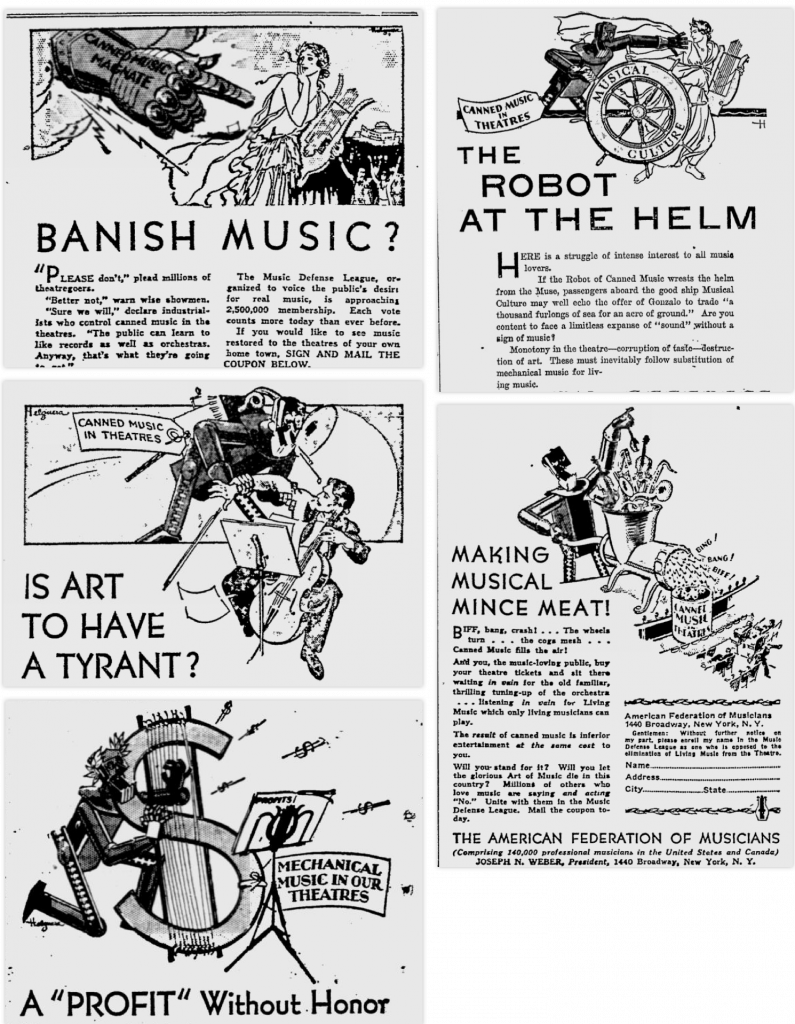
To all the AI critics out there, I’ll paraphrase a famous prophet: Let he who hasn’t used Google Maps cast the first stone. Unless you’re living in a cave (and even then, the cave probably has WiFi), you’re already in a committed relationship with AI. From your smart cars to your not-so-smart social media feeds, AI is like oxygen – it’s everywhere and driving the digital world, whether you notice it or not. And with AI becoming as common as smartphones, maybe it’s time we stop acting surprised every time we spot it in the wild.
The future of cinema isn’t about choosing between human creativity and AI – it has to do with the sweet spot where both can make magic together. So, shut the grandpa in you and his ‘back in my days’ stories, stop hyperventilating every time AI shows up to the party, and start focusing on what really matters: telling amazing stories that move, entertain, and inspire. After all, isn’t that what cinema is all about?
In case you missed:
- How AI video creators like OpenAI’s Sora will change cinema forever
- What are Text-to-Video Models in AI and How They are Changing the World
- How Lionsgate-Runway Deal Will Transform Both Cinema & AI
- The Rise of Personal AI Assistants: Jarvis to ‘Agent Smith’
- Is Cloud Computing Headed for Rough Weather
- Rise of Generative AI in India: Trends & Opportunities
- AI vs. Metaverse & Crypto: Has AI hype lived up to expectations
- India’s Upcoming Storm of AI Nudes & Inspiring Story Of A Teen Warrior
- Tears of War: Science says women’s crying disarm aggressive men
- AI Taken for Granted: Has the World Reached the Point of AI Fatigue?

